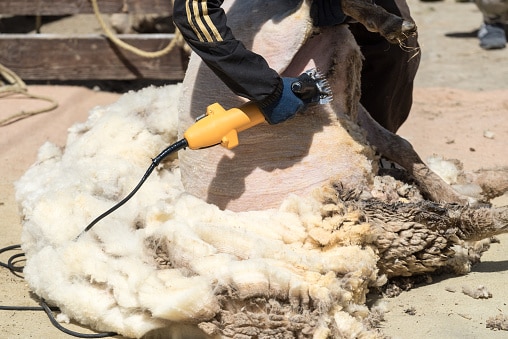Who Is At Risk of Anthrax
Most people will never be exposed to anthrax. However, there are activities that can put some people at greater risk of exposure than others.
Anthrax is not contagious, which means you can’t catch it from another person like the cold or flu.
Laboratory professionals
Laboratory workers who handle anthrax may be at risk for being exposed if proper safety precautions aren’t followed.
People who handle animal products

Although rare, people can get anthrax after having contact with infected animals or their products, such as wool, hides, or hair. For this reason, people in certain occupations, like veterinarians, farmers, livestock producers, and others who handle animals and animal products may have an increased risk of exposure.
Mail handlers, military personnel, and response workers

Certain workers could be exposed to anthrax in the event of a bioterrorist attack, either during the attack or when responding to the emergency. Workers who could be at risk include mail handlers (if spores are sent through the mail), law enforcement personnel, healthcare workers, decontamination workers, and critical infrastructure workers who could be exposed to airborne (aerosolized) spores, depending on how the spores were spread.
Recommendations for protecting workers are available from CDC’s Anthrax Worker Safety page. This guidance covers the use of respirators, protective clothing, and the anthrax vaccine.
Travelers
Anthrax can be found naturally in soil and commonly affects domestic and wild animals around the world, but it is most common in agricultural regions of Central and South America, Sub-Saharan Africa, Central and southwestern Asia, Southern and eastern Europe, and the Caribbean. Travelers should be mindful of what they eat and handle, as well as the souvenirs they bring home. Avoid eating raw or undercooked meat, and avoid contact with livestock, animal products and animal carcasses. Vaccination against anthrax is not recommended for travelers and is not available for civilian travelers.
If you are traveling to another country, you can learn more about anthrax risks in CDC’s Yellow Book, on the Travelers’ Health website.